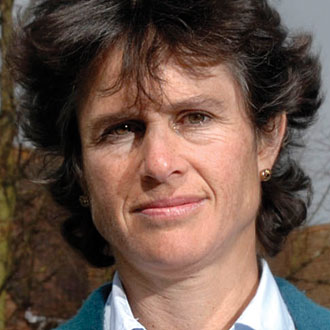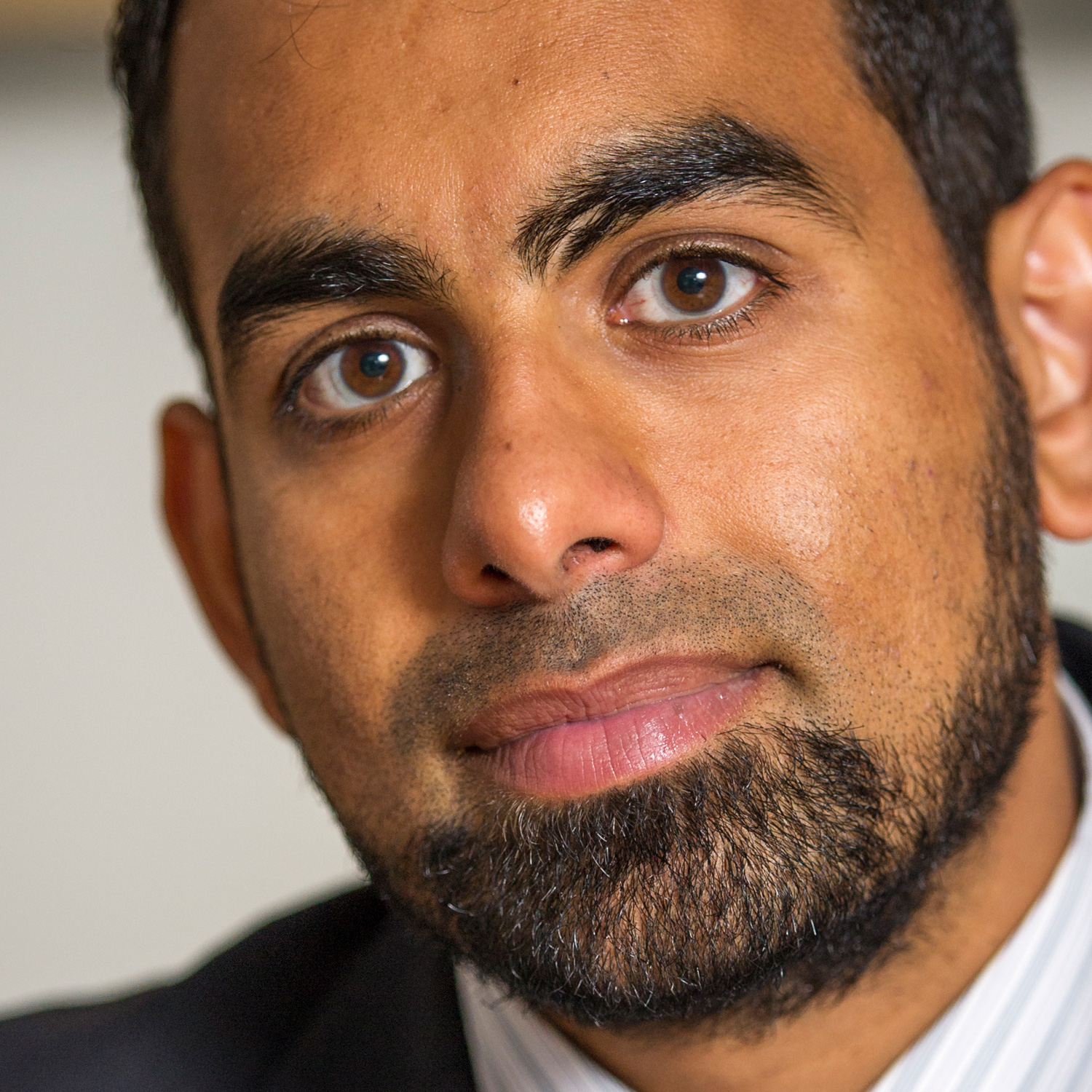
YES: Stoical patients are easy fodder
The reality of our understaffed service means we cannot provide enough appointments and patients struggle to see a GP. Our only option is to share the load. This is where receptionists enter the story.
Over the years receptionists have gained a terrifying reputation, being described as ‘dragons’, ‘battleaxes’ and ‘Rottweilers’ – often with justification. While this behaviour may be protective to GPs, research has suggested that being forced to discuss symptoms with a receptionist is one of the main factors putting patients off seeing a GP.1
Cancer Research UK’s GP expert Dr Richard Roope has said ‘anything that might prevent people getting symptoms checked needs to be overcome’. A potentially delayed cancer diagnosis is an obvious source of patient complaints.
We have all experienced the patient who needs to see the GP after all
Receptionists are not health professionals and are not in a position to make decisions about patients’ health. And while they deserve medals for the abuse they sometimes receive, we need them to remain polite at all times.
In 2016 NHS England pledged that £45m would be invested over five years so every practice can help their reception and clerical staff play a greater role in care navigation and signposting. However, we must be careful not to spend a disproportionate amount on trying to avoid seeing patients.
The danger is this may normalise over-protective behaviour. We have all experienced the patient who does need to see a GP after all. Patients do not always come with neatly processed symptoms, and vague undifferentiated histories such as lower abdominal pain or tiredness might indicate early cancer.
Stoical patients who don’t want to make a fuss are easy fodder for the fierce receptionist. They will obligingly wait another week, while their potentially dangerous condition progresses.
The bottom line is that GPs are in an invidious position, as are receptionists. No amount of care navigation and signposting is a substitute for a well-staffed GP service.
We have to work with our patients to make navigating the service as manageable as possible, by training our receptionists to be approachable and realistic. Like us, they are aware of the potential risks of refusing to provide appointments.
Dr Fiona Cornish is a GP in Cambridge

NO: GP receptionists are unfairly maligned
GP receptionists are the stitching that holds together the very fabric of a practice. They perform a role that is massively underappreciated and oft challenged with rising demand, increased expectations and a dwindling workforce. If we think the job of a GP is difficult, let us spare a thought for our receptionist colleagues.
If an estimated 340 million consultations take place annually with a GP,2 how many interactions take place with the receptionists?
Describing something as ‘scary’ suggests it causes genuine unease or fear. In the context of a GP practice, if we accept the implication of the above question, that means accepting that our receptionists are making patients feel afraid, anxious or even terrified.
The real question is why receptionists are perceived to be too scary
I find that difficult to accept. When a receptionist is unable to help a patient as much as they would like, that can create conflict. Patients’ interpretation of their situations can lead them to malign GP receptionists as a form of psychological projection on their part.
This perception can be compounded by receptionists’ lack of control over their work. One study found they often had little time, information or training to prioritise patients as expected. They felt their roles were made difficult by protocols and by patients trying to play the system.3
Another found GP receptionists’ demeanour could be a form of protection for themselves, to help them avoid emotional burnout.4 From the moment the surgery opens to the minute it closes the receptionists offer open access to all comers, with little respite.
We know strain is a response to imbalance between demands on the individual and the resources they have to deal with those demands.5 And we know the demand for primary care services far outstrips our supply. So, the real question we need to ask is why receptionists are perceived to be too scary.
I have come to realise that the job of a GP receptionist is an emotionally demanding role that entails a myriad of tasks. These include scheduling appointments, managing the workflow of patients, dealing with complaints, protecting the vulnerable, prioritising access, preventing gaming and rationing the allocation of a finite resource. Our receptionists need our support, not our criticism.
Dr Mohammed Saqib Anwar is a GP in Leicester
References
1 Nash S. Having to talk to receptionists about symptoms puts people off seeing GP. Pulse 2016.
2 NHS England: A Call for Action 2013
3 Hammond J et al. Slaying the dragon myth: an ethnographic study of receptionists in UK general practice. Br J Gen Pr 2013;63:e177–84
4 Ward J, McMurray R. The unspoken work of general practitioner receptionists: a re-examination of emotion management in primary care. Soc Sci Med 2001;72:1583-7
5 Bakker A, Demerouti E. The Job Demands Resources model: state of the art. J Manag Psychology 2007;22:309-28

















